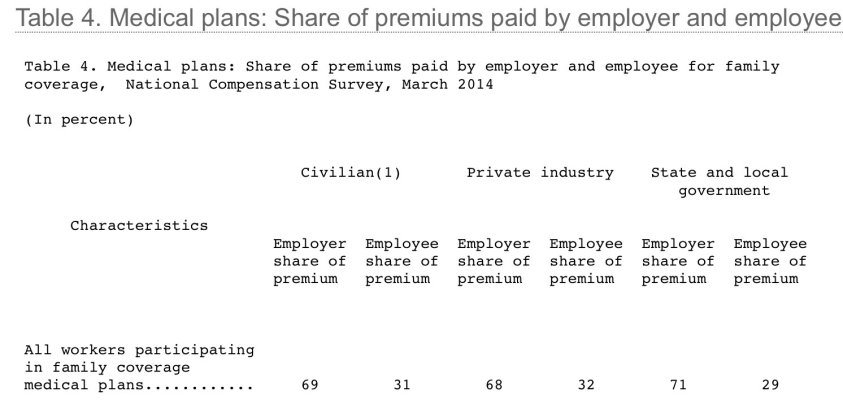Their interest in employee well being is self serving, not altruistic and they would admit to that. Employee illnesses result in less productivity, higher costs and lower profits.
Yup-It makes for good talking points, good PR, and nice slogans for the posters on the walls. Yet, survey after survey, the largest employee dissatisfaction at MegaCorp dealt with work/family life balance. We could have re-written the manual to say:
'the company is willing to spend $300 extra in incentives if you complete the survey and talk to the the phone nurse (last week selling timeshares, this week promoting exercise and flu shots...). Oh, and by the way, we're going to need you to be in here Saturday. And the flights are scheduled for Sunday to run out to BF Egypt for a couple weeks. I know it's stressful, but we should be over this hump in a couple months...'
For the most part, I had good bosses. But the production date was set, and we did what it took to make the schedule. And we were paid well to make it happen.
I suspect that the corporate support of wellness programs is similar to individuals commitment to living a more healthy lifestyle. Easy to say, not too difficult to pay the membership fee to a fitness center, very difficult to actually go there and exercise on a routine basis.

